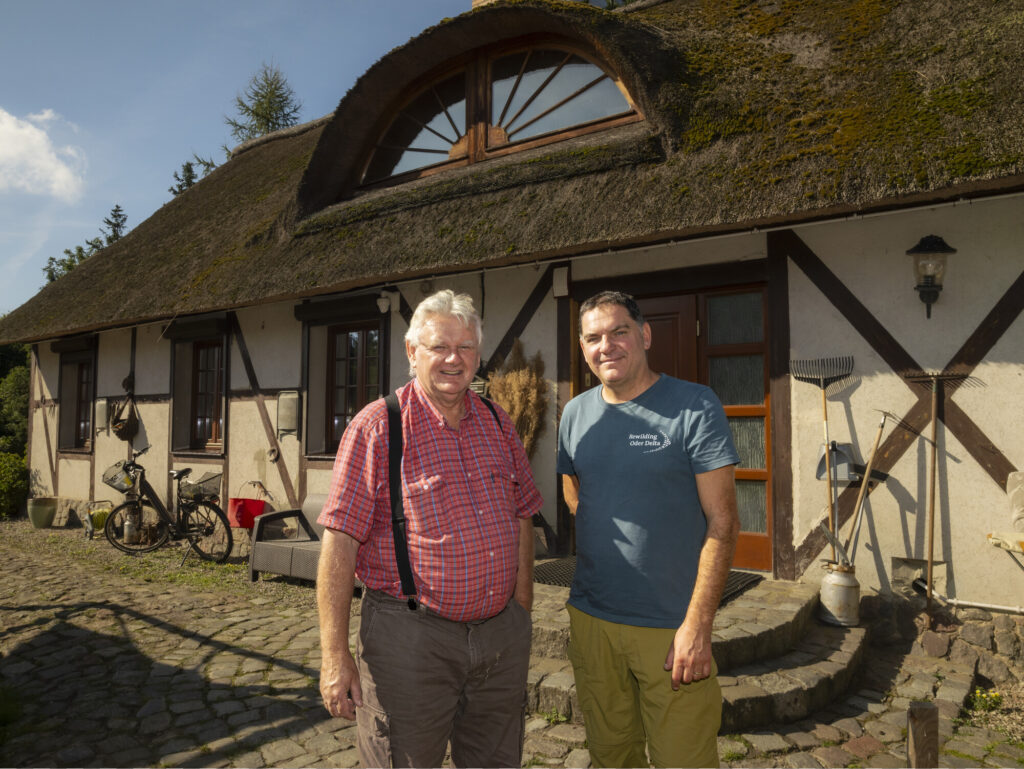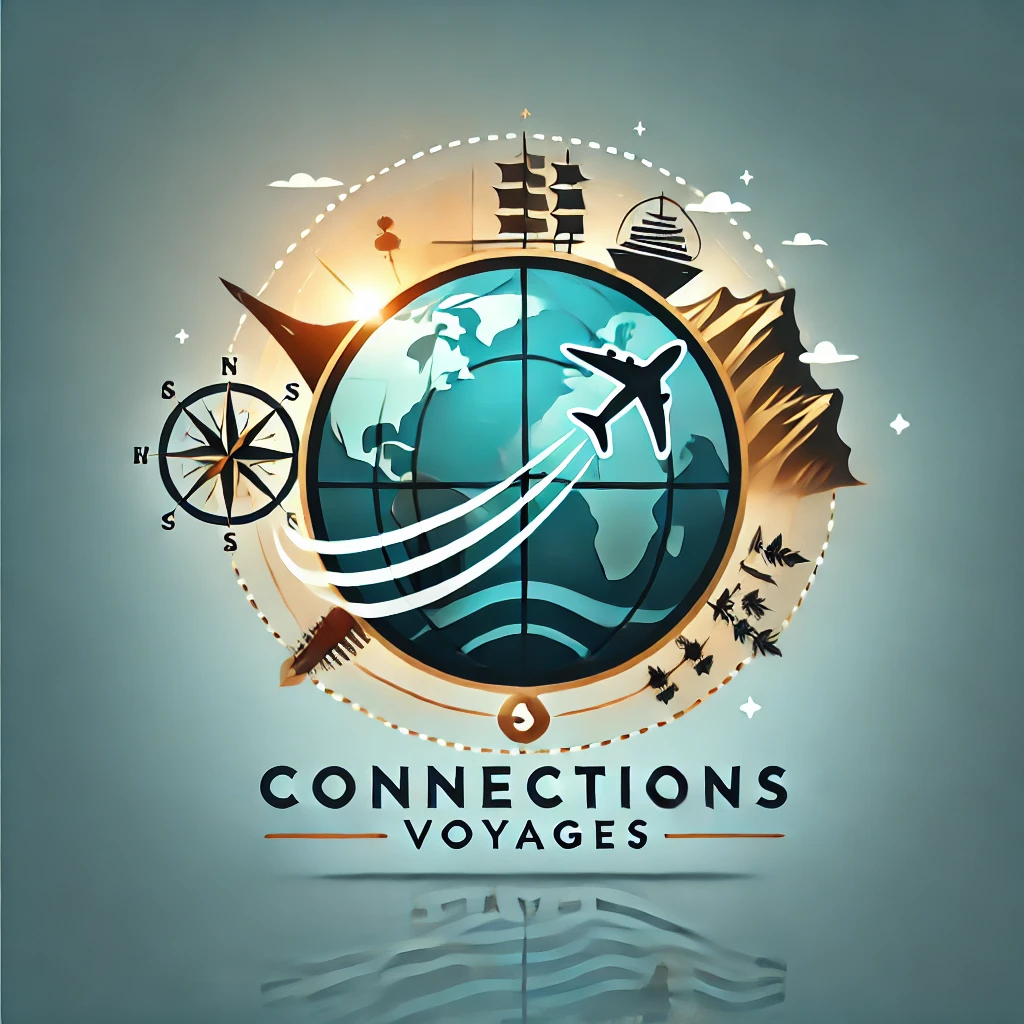The Oder Delta became Rewilding Europe’s eighth rewilding landscape in 2015. Over the last 10 years, trans-boundary rewilding efforts have restored natural processes and supported wildlife comeback here on a growing scale, offering hope of a brighter future for nature and people living in the landscape.

Neil Aldridge
Towards a wilder Oder Delta
The Oder Delta, which is divided between Poland and Germany on the Baltic coast, is a unique region boasting a rich mosaic of terrestrial, marine, and freshwater ecosystems, strategically located on one of Europe’s ecological crossroads. Ongoing rewilding actions here have seen wildlife begin to thrive in more natural densities, with restored natural processes such as the free flow of water helping to reshape the landscape.
Today, species such as elk, wolf, grey seal, and beaver are naturally recolonising the delta – supported by the Rewilding Oder Delta team’s efforts to enhance human-wildlife co-existence on both the Polish and German side – while European bison and Eurasian lynx are gradually moving westwards towards the delta from Poland. Rewilding efforts are restoring the delta’s rivers and streams, with the team working to rewet wetlands, plant riverside trees, and remove barriers and restore spawning grounds to support the return of fish and other aquatic species. Nature-based tourism is developing too, with the increasing number of visitors drawn to the delta to see its recovering wildlife species delivering socio-economic benefits to local residents.
Rewilding across borders
As the Oder Delta rewilding landscape celebrates its 10-year anniversary, now is the perfect time to reflect on how rewilding efforts are helping to breathe new life into the delta’s wild nature and its communities, laying the foundations for a future where wildlife and local residents can truly thrive together.
Despite its cross-border nature, the Oder Delta is one giant watery ecosystem – an interconnected mosaic of rivers, lagoons, wetlands, heathlands, and riparian forests. Over the last decade, the Oder Delta rewilding team has developed into a credible local entity, uniting people from both Germany and Poland in their passion for wild nature and desire to advance nature recovery across the region. This is beautifully showcased in the short documentary “Two countries and one Oder Delta” – produced by award-winning French filmmaker Emmanuel Rondeau – which premiered in the landscape in March.
“The first real milestone in the landscape was the foundation of the Rewilding Oder Delta association in 2019 as a true trans-boundary body,” says Ulrich Stöcker, Rewilding Oder Delta’s managing director and team leader on the German side. “To have impact in the landscape we quickly understood that we must become a well-rooted local entity on both sides of the border. This led to the taking on of permanent staff, the opening of our first rewilding office in the village of Rothenklempenow, and the purchase of our rewilding centre in Glashütte.”
Breaking barriers
While the Oder Delta landscape has amazing wetlands and streams, many rivers that flow through it – both in Germany and Poland – have been negatively impacted by human intervention, including the Oder River itself. Riverbeds have been artificially straightened, deepened, and embanked in many places, the free flow of water has been restricted by barriers such as dams and weirs, and the areas surrounding rivers drained and reclaimed for industries such as agriculture and forestry.
The removal of dams and other artificial barriers has already proven to be one of the most efficient and cost-effective ways of rewilding rivers and their wildlife, restoring natural processes and reconnecting habitats. The Oder Delta was one of Rewilding Europe’s first rewilding landscapes to carry out such action, with the rewilding team and partners removing small dams on two tributaries of the Ina River – the Wisełka and Biała Struga – on the Polish side of the landscape, in the summer of 2024. Further dam removal is planned in 2025.
Making space for nature recovery
To revitalise waterscapes further, the Rewilding Oder Delta team have complemented their dam removal efforts by securing land for rewilding. The restoration of a small wetland area on the Polish side of the landscape, in collaboration with a local foundation, has created a more biodiverse and climate-positive local ecosystem, while the team have purchased an old meander on the Uecker River on the German side, with a view to rewilding it in the near future.
“In the context of the Oder Delta rewilding landscape’s huge expanse, our recent land acquisitions appear very small,” says Peter Torkler, Rewilding Oder Delta’s managing director and team leader on the Polish side. “But they will act as demonstration sites, showing the huge potential of rewilding to deliver benefits to nature and people. Over the last 10 years we have learned how important it is to forge productive partnerships with local public and private entities – establishing credibility and relationships grounded in trust will enable us to achieve long-term success on a greater scale.”

Neil Aldridge
Wildlife comeback goes from strength to strength
Rewilding efforts in the Oder Delta, which are creating a more interconnected and resilient landscape for wildlife, are supporting the natural comeback of a whole range of wildlife species – from sea trout, Atlantic salmon, Atlantic sturgeon, and white-tailed eagles, to beavers, elk, wolves, and European bison. The Rewilding Oder Delta team are also playing a key role in the return of Eurasian lynx in northern Poland, partnering with the West Pomeranian Nature Society (ZTP), a Polish NGO, to release 17 lynx in 2023, backed by Rewilding Europe’s European Wildlife Comeback Fund. The team will collaborate with partners to release 40 more lynx over the next five years.
To boost co-existence, dedicated intervention teams along the Polish-German border will monitor lynx movements, capture individuals to assess their health and replace tracking collars, transport injured animals for treatment, and help lynx that are facing challenges in the landscape. They will also track expanding populations of elk and otters, for which traffic collision hotspots will be mitigated on the German side.

Neil Aldridge
An upward trajectory
Looking to the future, both Ulrich Stöcker and Peter Torkler are optimistic that rewilding efforts in the Oder Delta will deliver burgeoning impact, as the team build on the progress made over the last decade.
“Over the next 10 years, I would like us to establish partnerships with a wide range of landowners, with thousands of hectares of land being rewilded through natural grazing and the natural flow of water,” says Peter Torkler. “Through the regeneration of peat, enhanced water retention, and the ongoing development of nature-based tourism, local communities will derive increasing benefits from nature recovery and support our efforts with passion and pride.”
“Our cross-border efforts will see the Oder Delta become a real showcase for how rewilding can restore the functionality and resilience of ecosystems,” adds Ulrich Stöcker. “This will demonstrate how rewilding’s holistic approach to nature recovery can play an instrumental role in helping EU Member States meet the targets of the EU Nature Restoration Law.”
“Our cross-border efforts will see the Oder Delta become a real showcase for how rewilding can restore the functionality and resilience of ecosystems.”

Ulrich Stöcker
Rewilding Oder Delta Managing Director and Team Leader in Germany
Invaluable support
Rewilding Europe’s work in our rewilding landscapes is supported by a wide range of highly valued partners. We would particularly like to acknowledge those providing core funding – notably the Ecological Restoration Fund, the Dutch Postcode Lottery, WWF-Netherlands, and Arcadia. Their longstanding support plays a critical role in enabling us to deliver and scale up rewilding impact.
Want to know more?

